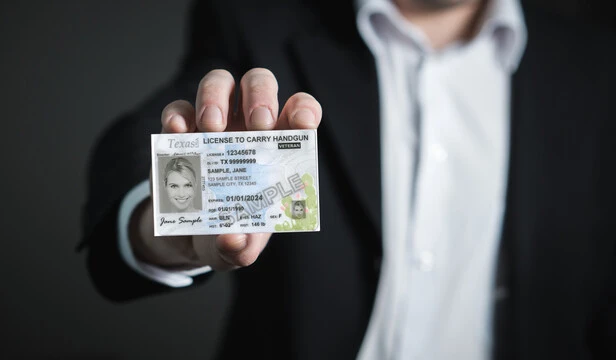Texas gun laws can be complex, but it is essential to understand them if you plan to own or carry a firearm in the state. By familiarizing yourself with the regulations, you can ensure that you are abiding by the law and keeping yourself and others safe.
Additional resources for further information
If you have more questions about Texas gun laws or want to learn more, the following resources can provide valuable information:
- Texas Department of Public Safety: https://www.dps.texas.gov/rsd/chl/index.htm
- National Rifle Association: https://www.nra.org/
- Texas State Rifle Association: https://tsra.com/
- Gun Owners of America: https://gunowners.org/




